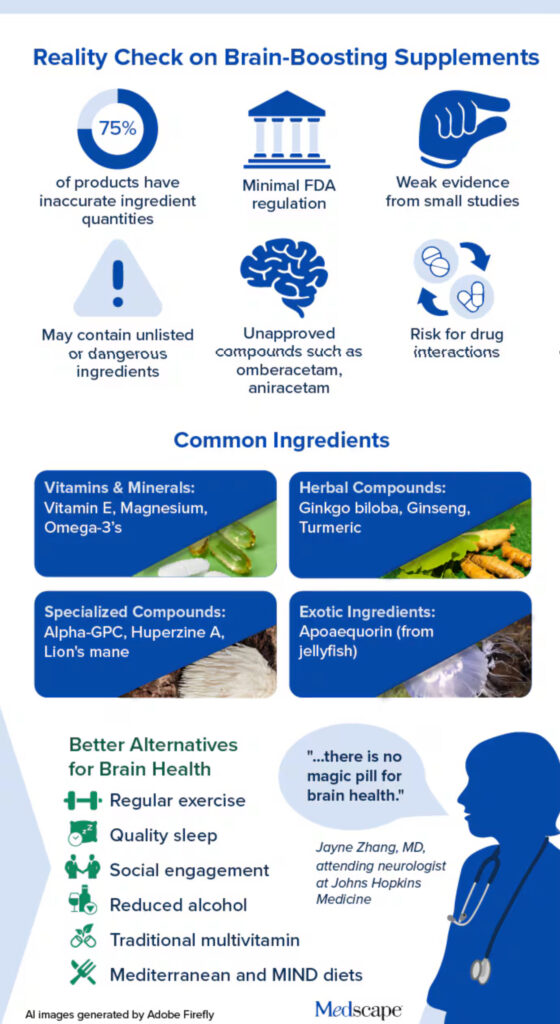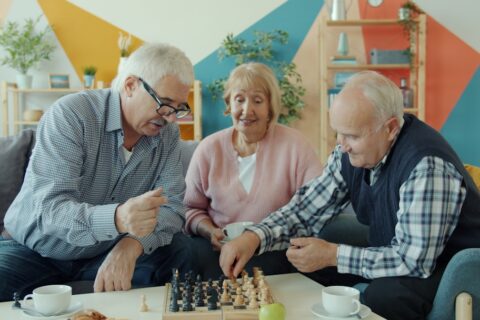Ageless Energy, Timeless You
The Science of Aging: Understanding the Biological Process
What is Aging?
Aging is a complex biological process characterized by cellular damage, decreased physiological function, and increased vulnerability to diseases. This natural progression results in various changes at the cellular level, including telomere shortening, which affects cell replication and longevity. While genetic factors account for approximately 25% of aging, lifestyle choices significantly impact the remaining 75%. This means that two individuals of the same chronological age might have vastly different biological ages due to their lifestyle choices.
Nutrition for Youthful Aging
 Importance of Antioxidants
Importance of Antioxidants
One of the key strategies for combating aging involves a diet rich in antioxidants. These powerful compounds, found in vitamins C and E, help combat oxidative stress, a major contributor to aging. Incorporating fruits and vegetables high in polyphenols supports cellular health and can slow down the aging process. Foods like dark chocolate and green tea are particularly potent sources of antioxidants, known to enhance heart health and improve overall longevity.
Role of Omega-3 Fatty Acids
Omega-3 fatty acids, abundant in fish oils, play a crucial role in reducing inflammation and supporting heart health, which contributes to a longer life. Foods such as flaxseeds and walnuts are excellent sources that can boost omega-3 intake. Regular consumption of omega-3s has been linked to improved cognitive function and a reduced risk of dementia, making them an essential part of a diet aimed at promoting healthy aging.
Exercise and Physical Activity
 Benefits of Regular Exercise
Benefits of Regular Exercise
Engaging in regular aerobic exercise, such as cycling or swimming, can have profound effects on aging by lengthening telomeres, effectively reducing biological age. This form of physical activity not only reduces the risks of chronic diseases like heart disease and diabetes but also enhances mood and cognitive function, reducing symptoms of anxiety and depression. A consistent exercise routine is a cornerstone of healthy aging.
Engaging in Strength Training
Strength training is equally important as it helps maintain muscle mass and bone density, which are crucial for aging healthily. Weight-bearing exercises also improve balance and reduce the risk of falls, a common concern for seniors. Additionally, resistance training has been shown to improve metabolic health and reduce body fat percentage, contributing to a more youthful appearance and vitality.
Sleep and Hydration
 Role of Adequate Sleep
Role of Adequate Sleep
Quality sleep is vital for cellular repair and mental health, both of which significantly impact the aging process. Adults generally require 7-9 hours of sleep per night to maintain optimal health. Lack of sleep can accelerate aging markers, including inflammation and elevated stress hormones, emphasizing the need for a healthy sleep routine.
Importance of Hydration
Proper hydration is essential for maintaining skin health, elasticity, and reducing visible signs of aging. Drinking at least eight glasses of water daily supports metabolic functions and overall health. Chronic dehydration can lead to fatigue, cognitive decline, and increase the risk of conditions like kidney stones, highlighting the importance of staying hydrated as a part of anti-aging strategies.
Stress Management and Mental Health
Impact on Aging
Effectively managing stress is crucial for slowing down the aging process. Practices like mindfulness and meditation can significantly reduce cortisol levels, thereby mitigating the effects of aging. Chronic stress has been shown to accelerate aging and increase the risk of age-related diseases, making stress management a key component of healthy aging.
 Benefits of a Positive Outlook
Benefits of a Positive Outlook
Cultivating a positive attitude towards aging can add up to seven years to your life, as studies suggest. Embracing life changes and letting go of guilt can contribute to a youthful mindset and enhance overall well-being. Engaging in gratitude practices is another effective way to improve mental health and quality of life, especially for older adults.
 Social Connections and Community Engagement
Social Connections and Community Engagement
Benefits of Social Interaction
Social engagement is closely linked to increased longevity and improved cognitive health. Participating in community activities not only enhances mental well-being but also provides a sense of purpose, which is vital for aging gracefully. Volunteering and helping others can significantly boost emotional health and life satisfaction, making social interactions an integral part of a healthy lifestyle.
Importance of Family and Friends
Strong relationships with family and friends provide invaluable emotional support and help reduce stress. Regular social interactions can prevent loneliness and depression in older adults, which are common challenges as people age. Building a strong support network enhances resilience against age-related challenges and contributes to a fulfilling life.
Skincare for Youthful Appearance
Effective Skincare Routines
A dedicated skincare routine can significantly impact aging, particularly through the daily use of sunscreen, which protects against UV-induced skin aging and reduces cancer risk. Incorporating retinoids and antioxidants in skincare products can diminish fine lines and improve skin texture. Regular exfoliation helps remove dead skin cells, promoting a brighter and smoother complexion, which is essential for maintaining youthful skin.
 Importance of Facial Exercises
Importance of Facial Exercises
Facial exercises are an often-overlooked component of skincare that can enhance muscle tone and promote a youthful appearance. Consistent practice of facial yoga can help reduce sagging and wrinkles, offering a natural way to combat the signs of aging. Additionally, hydrating serums containing hyaluronic acid can plump the skin and maintain moisture levels, contributing to a fresh and vibrant look.
Emerging Anti-Aging Therapies
 Role of Caloric Restriction
Role of Caloric Restriction
Caloric restriction has been linked to increased lifespan and a reduced incidence of chronic diseases. Studies, including the NIH-funded CALERIE study, show that it can slow biological aging and improve health outcomes. Implementing intermittent fasting is one approach that can improve metabolic health and reduce age-related diseases, making it a promising strategy for anti-aging.
Potential of Anti-Aging Drugs
Emerging drugs like metformin and rapamycin are showing promise in delaying aging-related cellular processes. Senolytic drugs, which target aging cells, can reduce inflammation and improve health span, offering a new frontier in anti-aging treatments. Research into compounds like resveratrol suggests they may mimic the benefits of caloric restriction without the need for dietary changes, highlighting the potential of pharmaceuticals in extending healthy life expectancy.
 Taking Action: Embracing a Healthy Lifestyle
Taking Action: Embracing a Healthy Lifestyle
Embracing a healthy lifestyle, which includes balanced nutrition, regular exercise, and effective stress management, can significantly slow the aging process. By incorporating these practices into your daily routine, you can enjoy a more vibrant and fulfilling life. For emergencies and health guidance, visit El Paso Emergency Room to explore how we support your health and wellness journey.



